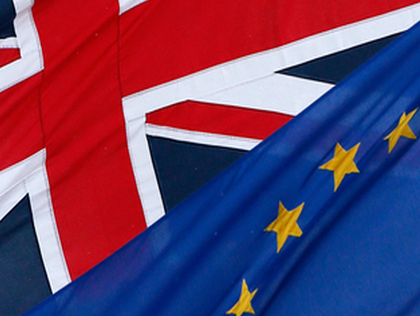Common sense dictates if you are trying to successfully renegotiate in four years what has not been possible in forty, you start straight away. Despite this, a year and half on, the Prime Minister has yet to make any attempt to correct our relationship with Brussels, much to the chagrin of his grassroots support.
Meanwhile Britain’s clout in the EU continues to wane. What was previously an unrealistic ambition has become utterly impossible.
A Bruges Group paper published last year provided a snapshot of our government’s ability to influence EU legislation. It concluded with only 29 of the 352 votes in the Council of Ministers, 73 of the 751 MEPs in the European Parliament and no allies, Britain’s influence is virtually non-existent. With changes to voting in the Council of Ministers imminent, what little clout we have is dwindling even further.
From November 1st the system by which decisions are voted on in the Council of Ministers changes. Each country’s voting strength will be tied directly to the size of their population. This means Britain’s weight in Council decision-making will increase from 8 to 12 percent, with the threshold to block legislation at 35 percent.
Whilst this slight increase appears to strengthen Britain’s ability to safeguard its interests in the EU, this is not the case. Britain’s traditional allies against the bloated Brussels’ bureaucracy – the Netherlands, Denmark and Sweden – are having their voting strength slashed, which will make it far harder for Britain to form a coalition to block unwanted legislation.
Meanwhile, the pro-integration Eurozone countries – France, Germany and Italy – are all getting huge boosts to their weighting, with Germany’s increasing by 7 percent. The Eurozone’s total strength is increasing from 62 to 66 percent, enough to force legislation through even if Britain and the non-Eurozone countries resist. The strength of the Eurozone caucus can only increase, with all Member States aside from Britain and Denmark eventually being forced obligated to join the Euro, starting with Lithuania on January 1st.
Robert Oulds, Director of the Bruges Group today said: “This excellent and timely analysis shows that the EU poses a new threat to our democracy and self-government. Britain’s ability to resist new rules which are not in our interest will be reduced. Our democratic national institutions now have less influence over the rules which shape our lives.With most of the new laws that affect this country coming via the European Union it is clearly time that we reclaimed our democracy. To do this Britain must get out of the EU”.
With Britain’s influence in the EU already on the decline, and set to nosedive sharply after the November 1st, Cameron’s renegotiation plan is unlikely to succeed. The sooner the Conservative party and grassroots campaigners recognise this, the sooner we can decide whether or not to Get Britain Out of the European Union in 2017.
Luke Stanley, Research Assistant at Get Britain Out

COMMENTS
Please let us know if you're having issues with commenting.